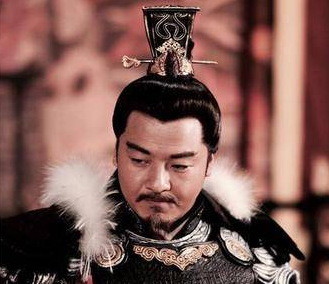I. Background Introduction

Qin Shi Huang was the founder of the Qin Dynasty, the first unified feudal dynasty in Chinese history. Through a series of political, military, and cultural reforms, he successfully united the six states and established a huge centralized state. However, in the decades after the establishment of the Qin Dynasty, the northern Xiongnu tribe continuously harassed the border, posing a significant threat to the Qin Dynasty. So, did Qin Shi Huang ever defeat the Xiongnu? This article will explore this question based on historical data.
II. The Relationship between Qin Shi Huang and the Xiongnu
Xiongnu Invasion: In the decades after the establishment of the Qin Dynasty, the Xiongnu tribe continuously harassed the border, posing a significant threat to the Qin Dynasty. To address this threat, Qin Shi Huang took a series of measures, such as building the Great Wall and strengthening border defense.
War Outcome: According to historical records, Qin Shi Huang dispatched General Meng Tian to lead troops north to confront the Xiongnu. In one battle, Meng Tian defeated the main force of the Xiongnu, causing them to refrain from easily invading the Qin Dynasty's border again. This victory is considered the first battle in which Qin Shi Huang defeated the Xiongnu.
III. Conclusion and Implications
Although there are historical records of Qin Shi Huang defeating the Xiongnu, the authenticity of these records has been controversial. Some scholars believe that these records may have been invented by later generations to exaggerate Qin Shi Huang's achievements. Others argue that Qin Shi Huang may have engaged in some small-scale battles with the Xiongnu but did not completely defeat them. Regardless of the truth, we can draw some implications. First, historical wars often involve more than just military confrontations, encompassing political, economic, cultural, and other factors. Second, historical records also have subjectivity and limitations, and we need to objectively analyze and evaluate historical events. Finally, historical successes and failures should serve as motivations and lessons for our progress, rather than reasons for complacency or despair.
Disclaimer: The above content is sourced from the internet and the copyright belongs to the original author. If there is any infringement of your original copyright, please inform us and we will delete the relevant content as soon as possible.
































